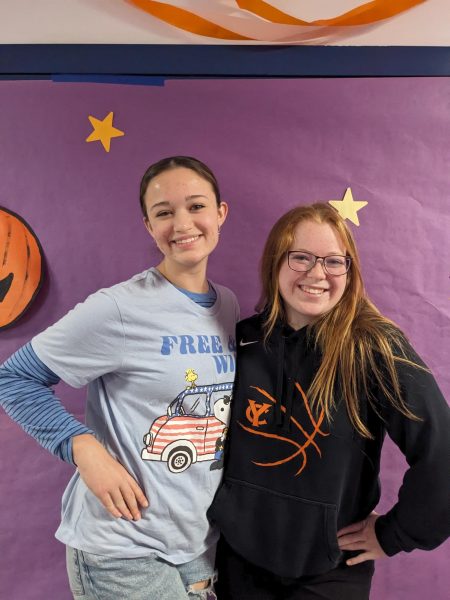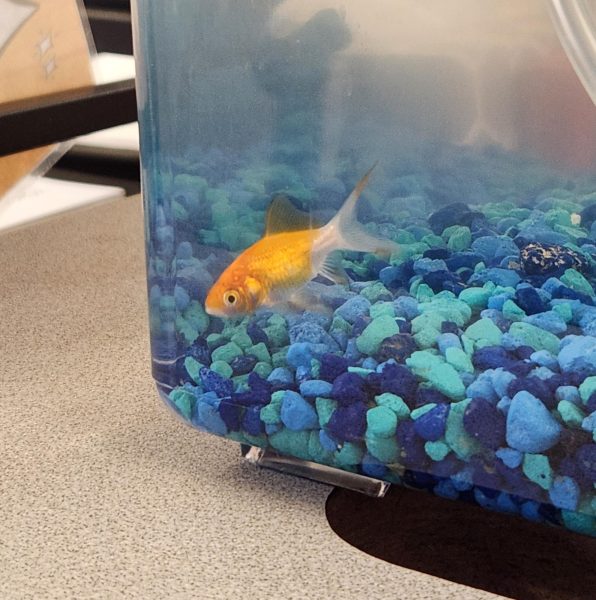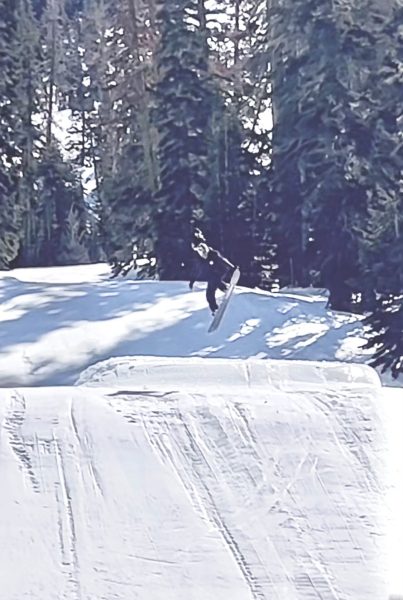The Yamhelas Westsider Trail: A Questionable Future
The Yamhelas Westsider Trail has been an ongoing proposal since 1991. But as of 2021 the development has been put on pause.
Commissioner Lindsay Berschauer is an active opponent to the trail. She says in regards to the development that the trail affects the farmland.
Berschaur says, “The primary concern is that the trail bifurcates active farmland and therefore impacts farming practices in a way that harms our generational farmers.”
Berschauer continues to voice her concerns with the trail.
“There is also concern that the trail would not be able to keep garbage, trespassing, horse/dog manure and other items from impacting farmland, therefore putting at risk food safety requirements for certain crops.” Berschauer, commissioner said.
Concerning the trail’s effect on farmland Veronica Haley Hinkes, the secretary of the board of directors for The Friends of the Yamhelas Westsider Trail, says the result would not create much of an impact.
“LUBA ruled that the trail is legal- and they provided a road map for what would need to be done to satisfy them that the trail would not create a significant impact on adjacent farming practices.“
Secretary Hinkes adds that certain requirements could help to keep the neighboring property safe.
“All of the issues raised can be addressed. There is more litter along roadways adjacent to agriculture than I’ve ever seen along trails. Fencing or greenery barriers and leash requirements can keep dogs and people from getting onto neighboring property.”
Another concern landowners had with the trail involved homeless people. Commissioner Berschauer thinks this is a valid concern.
Berschauer says, “The concern over transient populations existing on the trail is a valid concern, and one that I heard repeatedly during the campaign. There are numerous examples of why this is a valid concern, from the Springwater Corridor Trail in Portland to the issues we’ve had in our own backyard with McMinnville city parks.”
Secretary Hinkes addresses the topic of the trail being crowded with the homeless community.
“People keep looking at the Springwater Trail or I-205 trail in Portland as examples. That is not a realistic comparison because those are very urban trails in a city that allowed camping in public spaces a few years ago and has not been able to undo that.”
Secretary Hinkes continues, “The Banks-Vernonia Trail is a more realistic comparison as it runs through a rural area between small towns. There has not been a homeless camping problem there. Homeless people, by and large, tend to stay near to services, which are in the cities.”
Although Berschauer does not support the use of the land for the trail she says the land should be preserved in some capacity.
If the trail is developed, Secretary Hinkes says these are the benefits it would have on the community.
“It will create a safe way for students to travel between the schools in Yamhill and Carlton.” She continues,“Trails are proven economic drivers, bringing in visitors who spend money on food, lodging and shopping in local communities…”
Although there are differences of opinions when it comes to how this land should be used, both parties are working for the best interests of their communities. Undoubtedly these will be addressed as the future of the project is determined.





Neyssa Hays • Jun 3, 2021 at 12:16 pm
I’m really glad to see that the YC Journalists are still doing a really good job of covering this important and ongoing story. You’re telling both sides of the story and letting the public know that this is still going on. Thank you.
Sincerely,
Neyssa Hays
YC Alumni, Class of 1990